Israeli Forces Launch Devastating Attack on Iran's Vital Gas Infrastructure, Igniting Largest Gas Field
- by Muhammad, Iran , RNG247
- yesterday
- 28 views
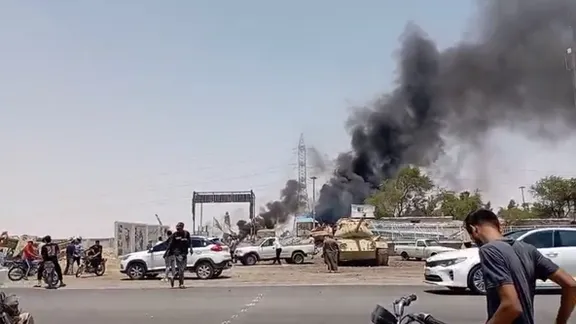
In a striking escalation of regional tensions, Israeli military forces conducted a precise aerial strike against Phase 14 of Iran’s South Pars gas field, igniting widespread fires at what is believed to be the world's largest natural gas reservoir. The attack, carried out on June 14, has inflicted significant damage on Iran’s critical energy infrastructure, raising alarms over the country’s already fragile energy security.
Sources within Iran, including IRGC-linked media outlets and eyewitness accounts, describe a drone-like aerial assault that targeted the strategically vital facility located in Kangan County along the Persian Gulf coast in Bushehr Province. The strikes resulted in multiple fires sweeping through parts of the installation, prompting an urgent response from firefighting teams deployed to contain the flames and prevent further destruction of the energy hub.
South Pars is a shared natural resource between Iran and Qatar, consisting of 24 developed phases on Iran’s side. It supplies about 70% of Iran’s domestic gas needs, producing approximately 850 million cubic meters of refined gas daily. Despite this immense output, Iran faces an ongoing shortfall of 200 to 300 million cubic meters per day, intensifying the significance of maintaining the integrity of this vital resource.
The strike signals an alarming escalation in the ongoing regional conflict. Iran’s state-affiliated media indicated that the attack could be a stark warning, especially as Iranian officials have suggested they may retaliate against Israel by targeting its own oil and gas infrastructure. This development comes amid reports that Iran had launched missile attacks on Israeli territory earlier, bringing the two nations closer to direct confrontations involving critical civilian and economic targets.
From an energy perspective, any disruption to South Pars’ production could have catastrophic consequences for Iran’s economy and daily life. The reservoir’s output is integral to domestic heating, industrial activity, and electricity generation—particularly through thermal power plants. With summer peak demand approaching, the shortfall caused by the damage threatens to exacerbate the nation’s ongoing energy shortages, jeopardizing essential services during the hottest months of the year.
As the situation unfolds, the attack underscores the fragility of the regional stability and the high stakes involved in the ongoing conflict. Both Iran and Israel are now engaged in a dangerous game of targeting vital civilian infrastructure, raising fears of further escalation and broader destabilization in the Middle East.



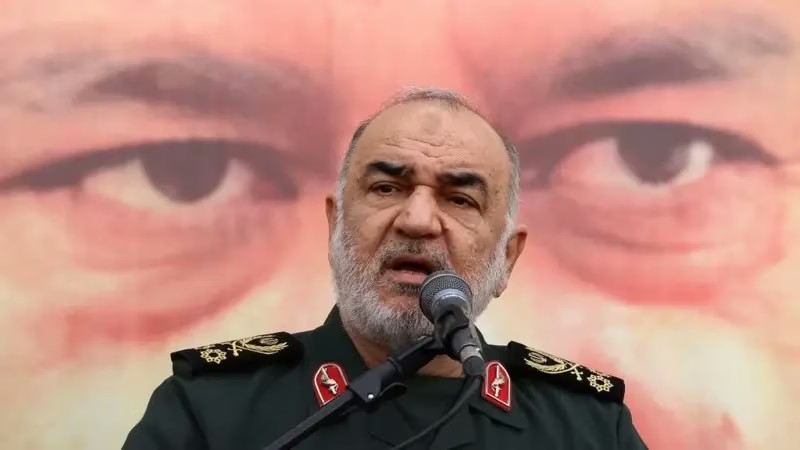
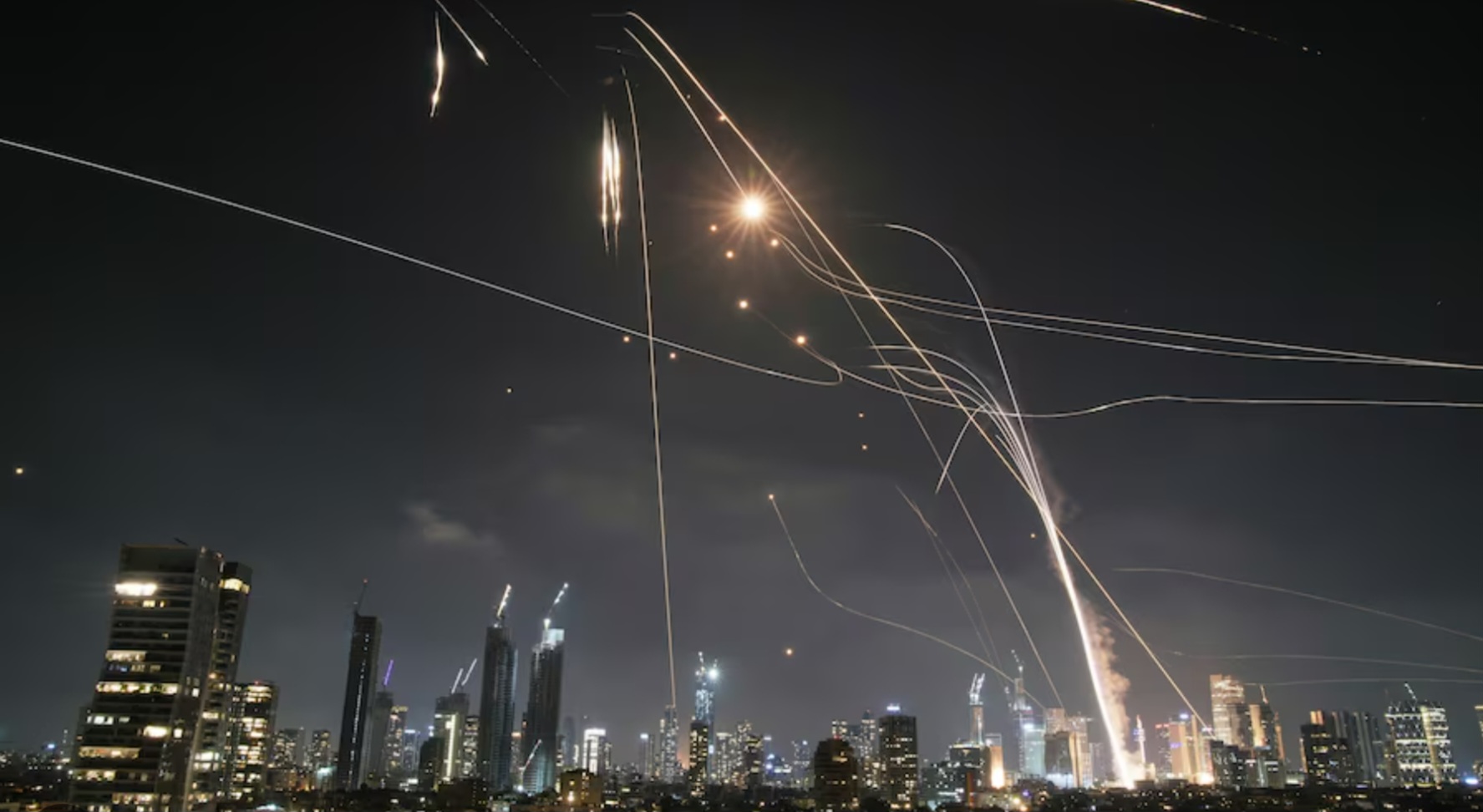
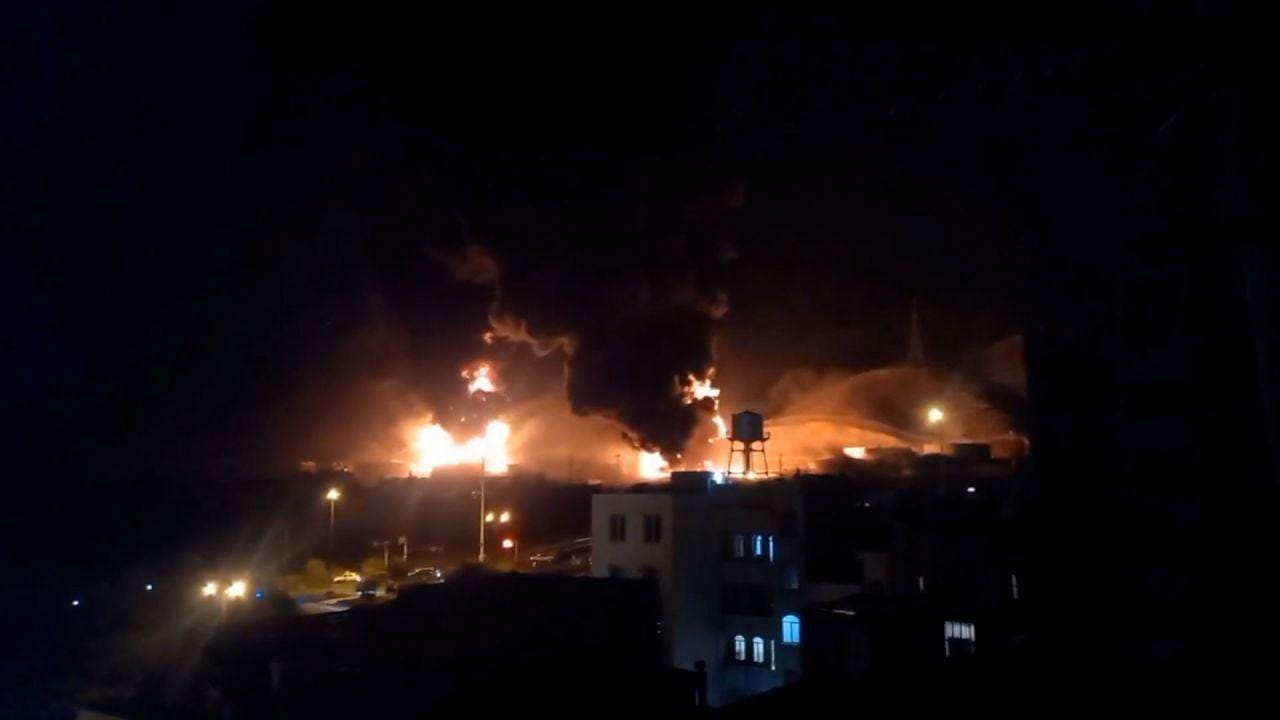
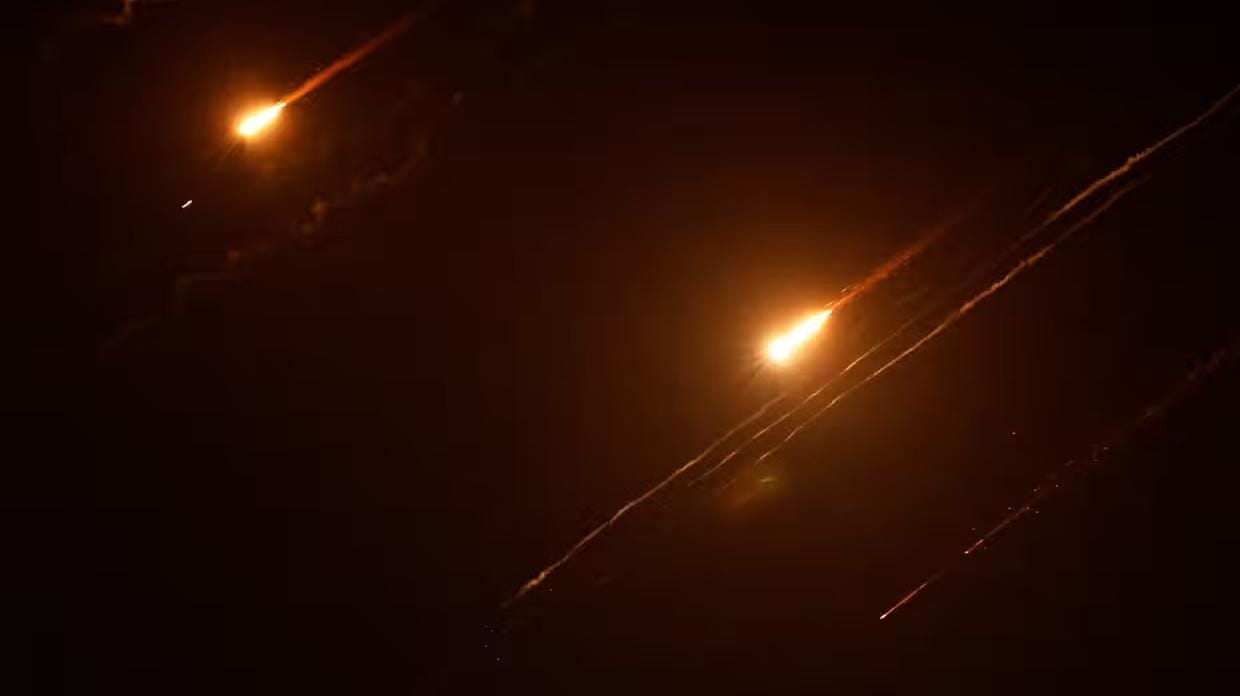

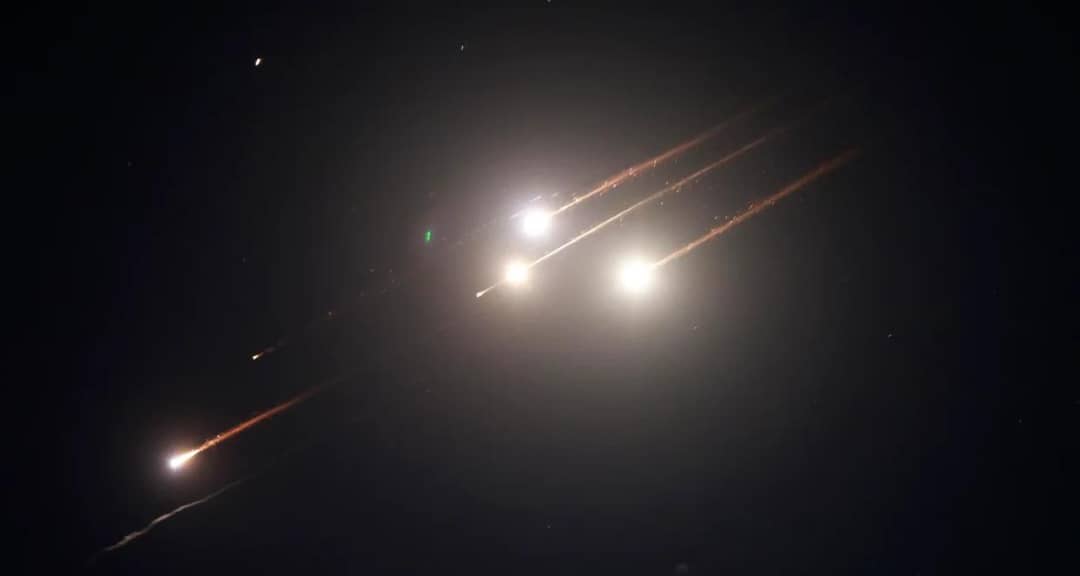
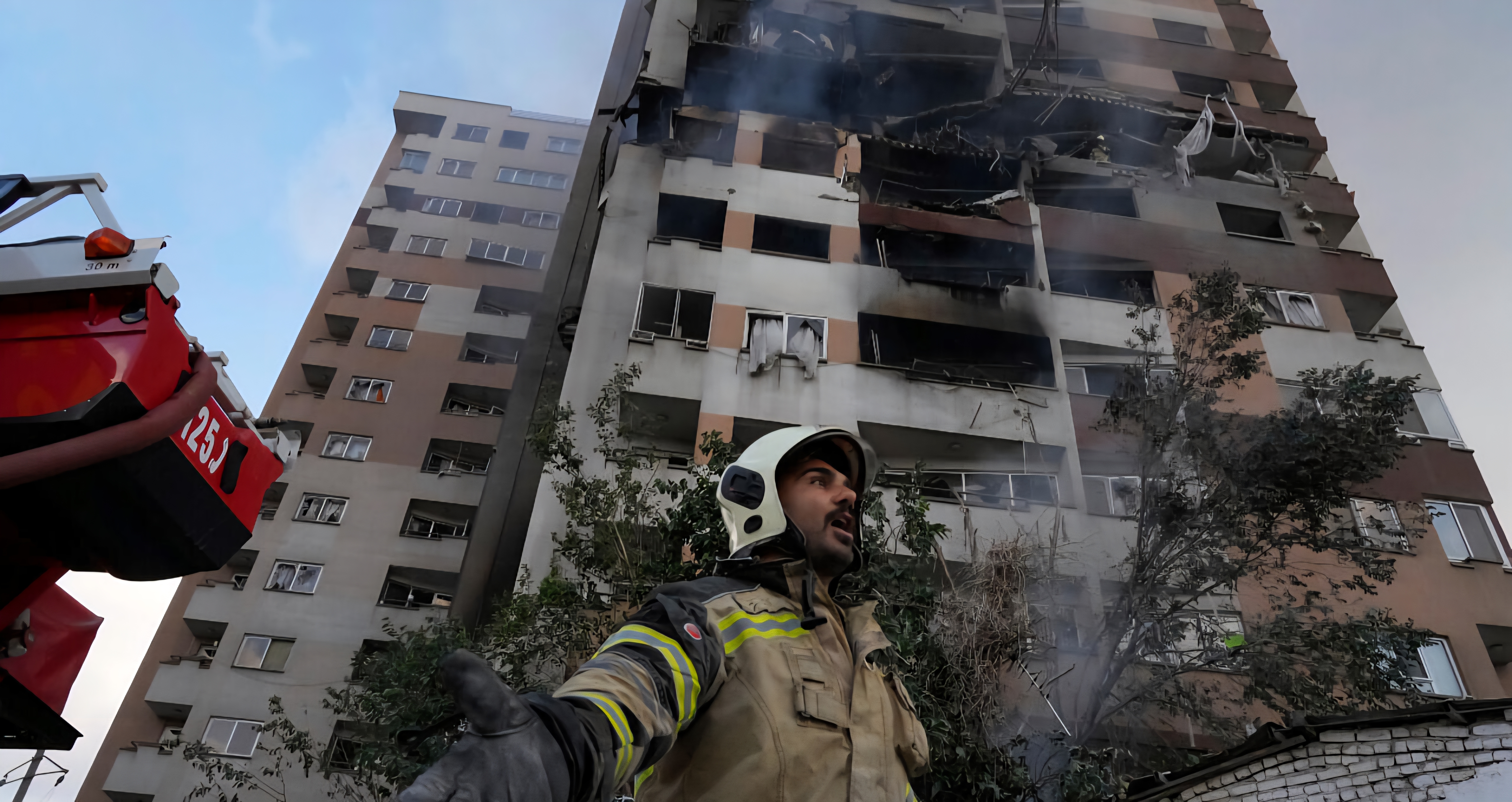
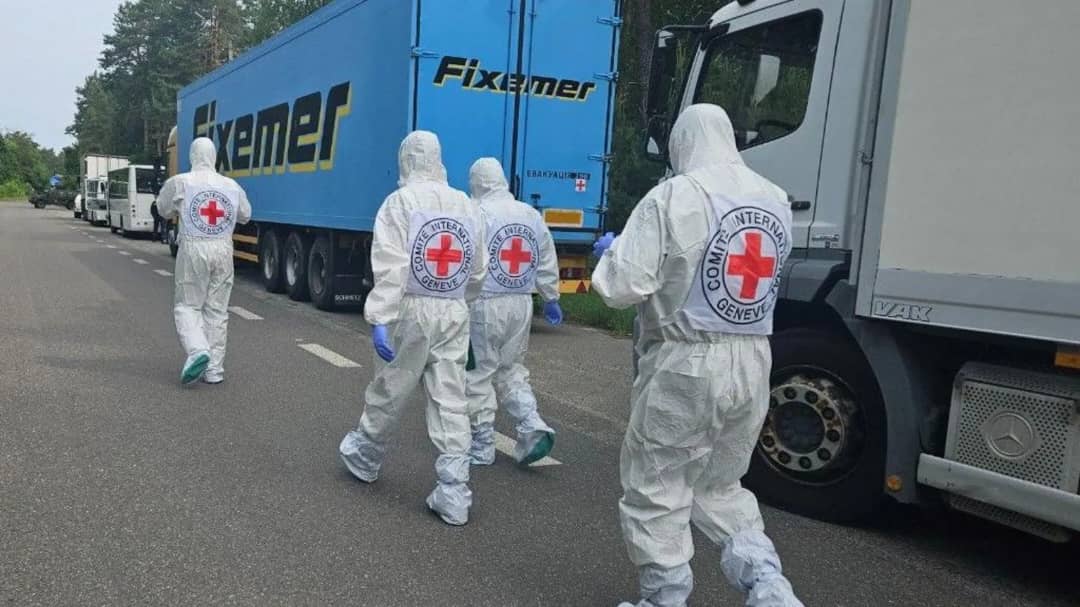

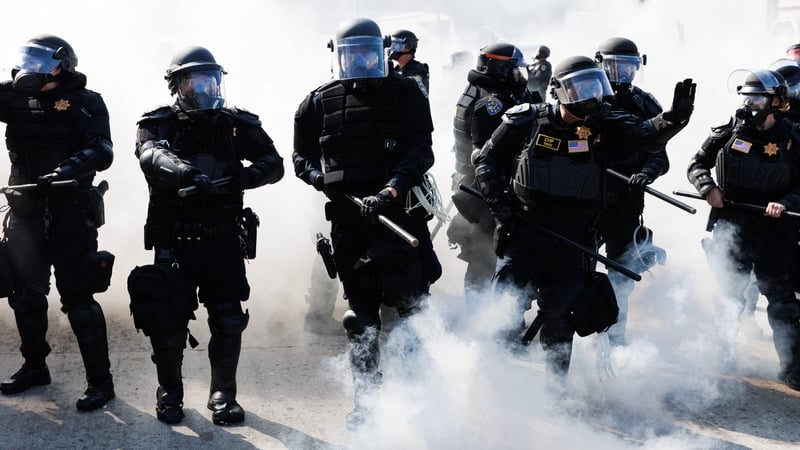

0 Comment(s)